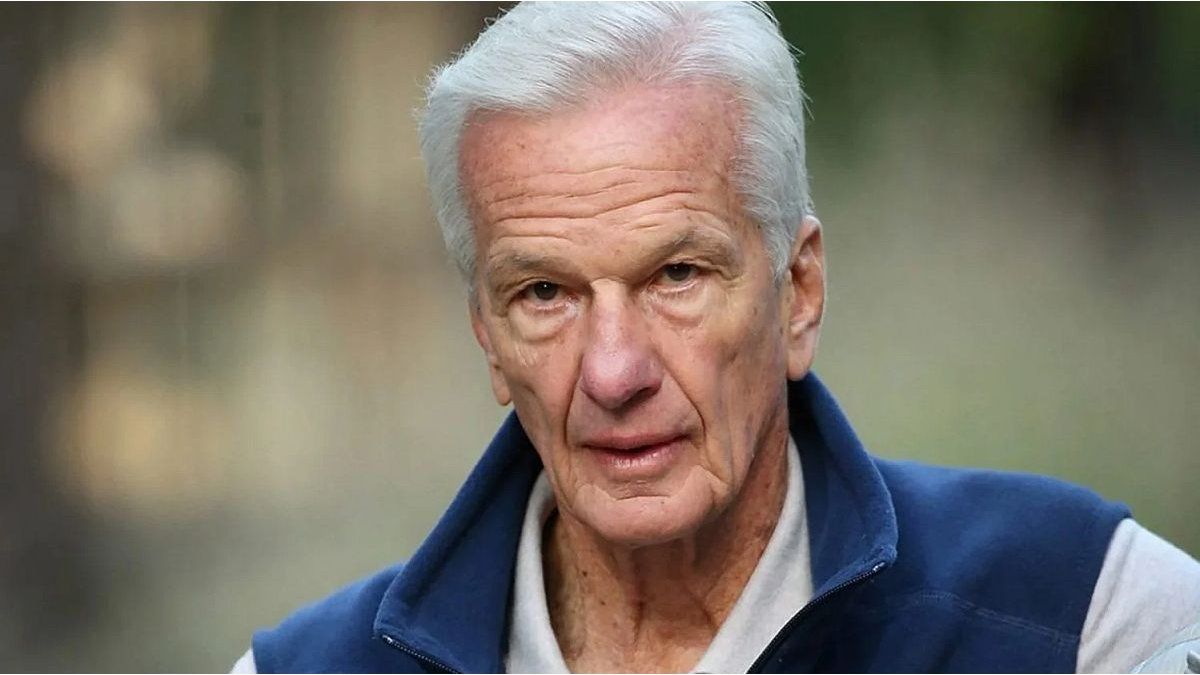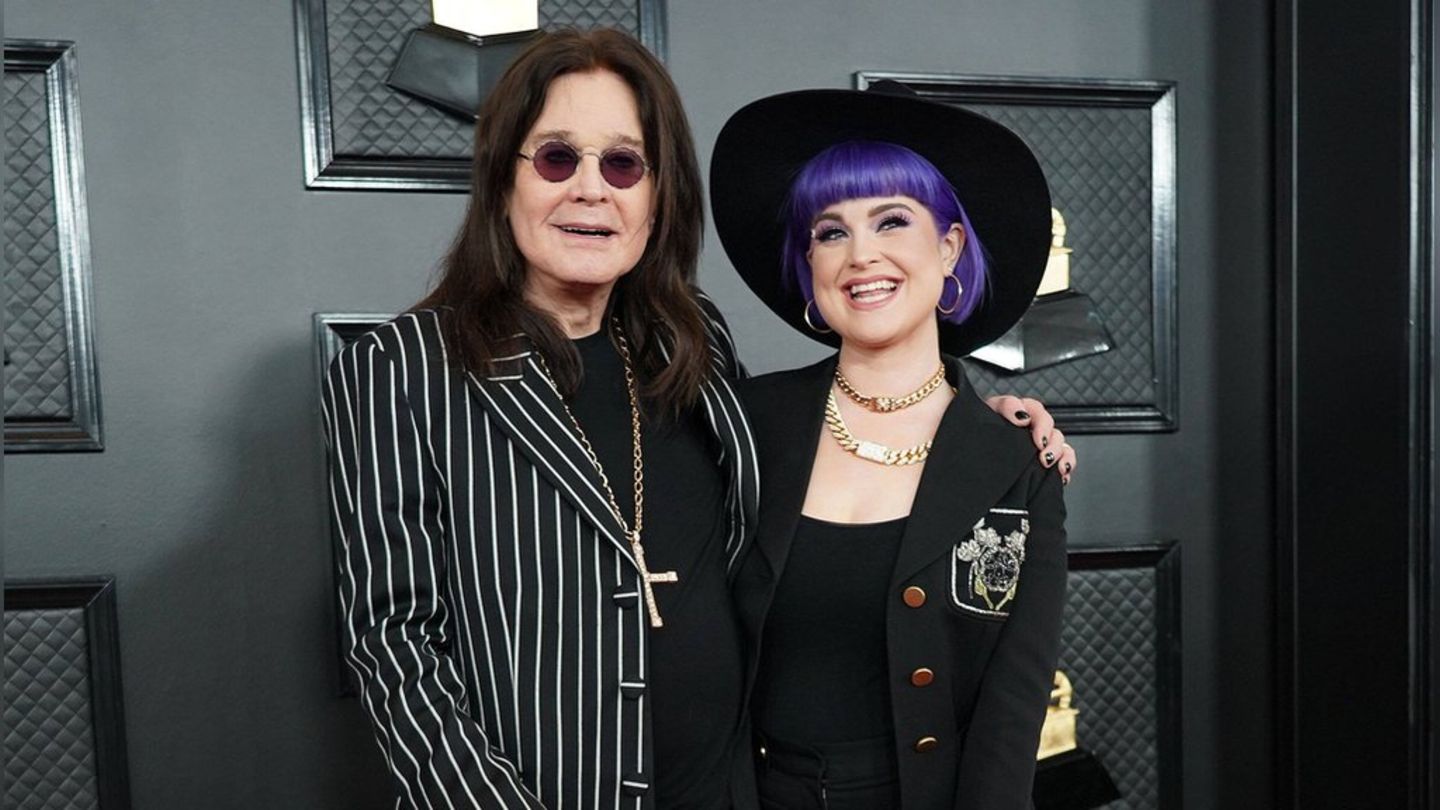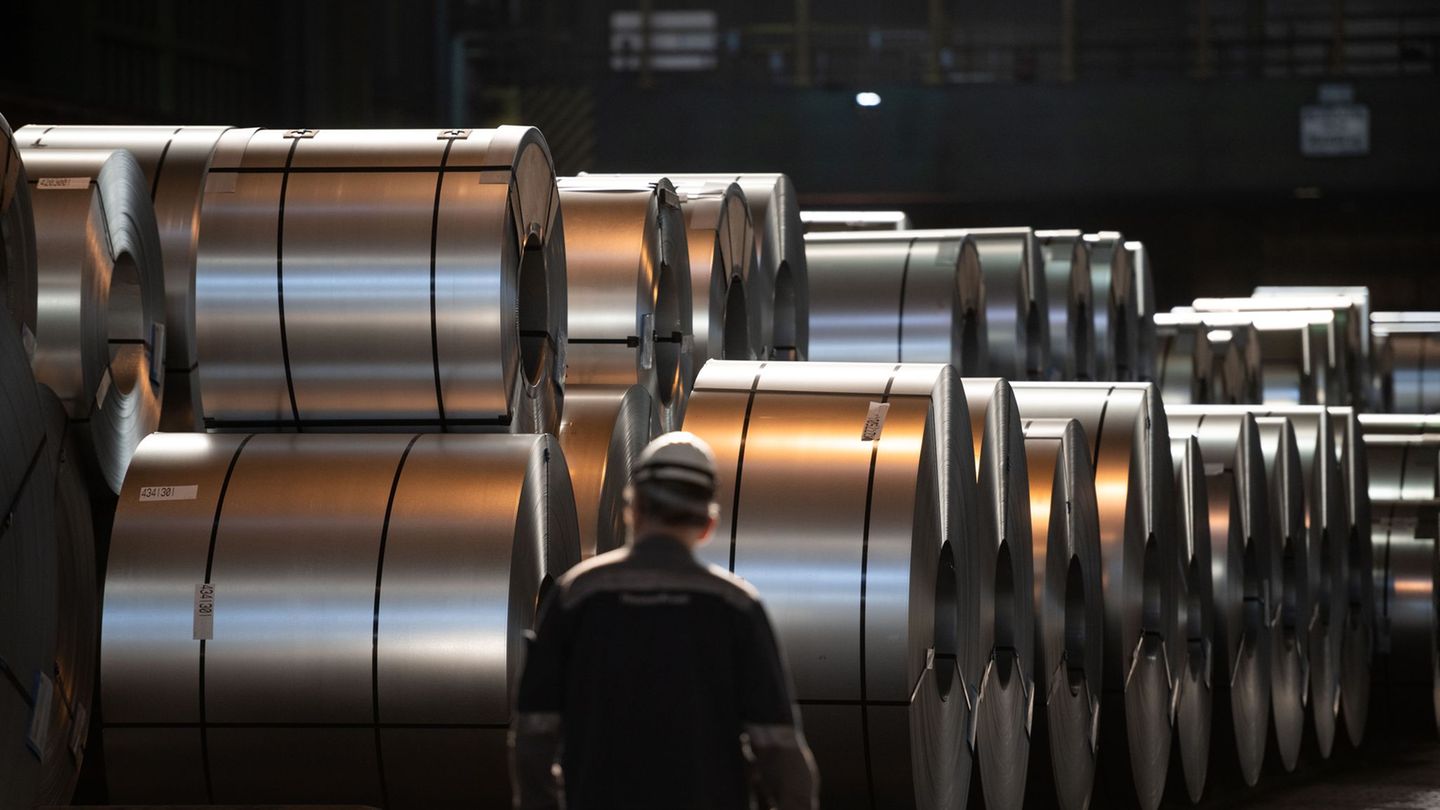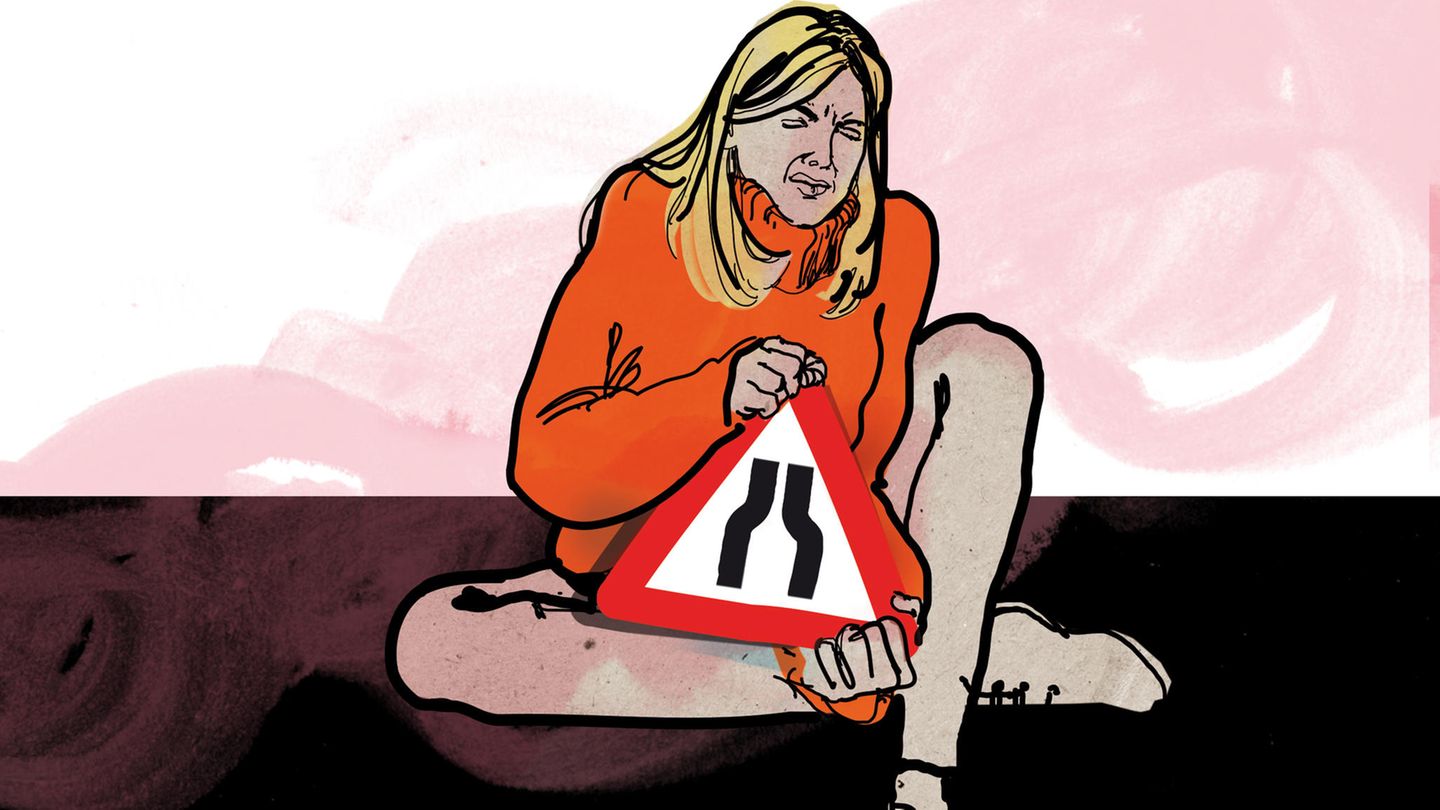Jorge Paulo Lemann, the richest businessman in Brazilhas a life full of business and personal successes that have contributed to his current status as one of the most influential figures in the world of global business. Born in Rio de Janeiro in 1939, Lemann is the son of Swiss immigrants and grew up in an environment where both education and discipline were valued.
Throughout his life, he has combined his business skills with a rigorous work ethic and a determined personality that has led him to build a financial empire that spans companies such as Anheuser-Busch InBev, Burger King and Heinz. However, his path to the top has not been easy or devoid of curiosities.
Beginnings and education
Lemann studied at Harvard University, where he graduated in Economics in 1961. His experience at Harvard was not the most positive initially; He confessed that during his first semesters he struggled with academic rigor, which almost led him to drop out. However, instead of giving up, he developed an iron discipline and work ethic that would later be reflected in his professional career. This experience motivated him to adopt a leadership style aimed at overcoming obstacles and encouraging excellence among his employees.
The stage as a professional tennis player
One of the least known aspects of Lemann is his passion for tennis, a sport that he not only practiced, but also led him to compete at a professional level. During the 1960s, Lemann was a national tennis champion in Brazil and participated in major tournaments such as Wimbledon and the US Open.
Although he never reached the top of the world ranking, his experience as an athlete taught him lessons in discipline, endurance and strategy, values that he would later apply in his businesses. A competitive mindset and the ability to make quick decisions on the court became crucial skills when he began to venture into the financial world.
Entry into the world of finance and the founding of Banco Garantia
At age 26, Lemann began working in the financial sector, where he soon realized his talent for investing. In 1971, he co-founded Banco Garantia, an entity that would become known as the “Goldman Sachs of Brazil” due to its aggressive and successful approach to investment banking. Under his leadership, Garantia revolutionized the Brazilian financial sector and became a hotbed of talent for future tycoons.
The bank operated with a meritocratic philosophy and was characterized by its focus on efficiency and cost reduction, concepts that Lemann would later carry to other companies. This stage allowed him to develop a clear vision on how to improve the profitability of companies through rigorous management of resources. However, in 1998, the bank was sold following a series of economic challenges that affected its stability. This did not stop Lemann, who saw the opportunity to expand his investments in other sectors.
The creation of 3G Capital and large acquisitions
After the sale of Banco Garantia, Lemann joined his long-time partners, Marcel Telles and Beto Sicupira, to found 3G Capital, an investment fund that quickly became known for its ambitious acquisitions. 3G Capital implemented an aggressive acquisition strategy with a focus on reducing costs and maximizing efficiency. This included staff cuts and a reorganization of the internal structures of the acquired companies, a method that some see as necessary and others consider controversial.
One of 3G Capital’s biggest successes was the purchase of Anheuser-Busch, the American beer company that makes Budweiser. Through this acquisition, Lemann consolidated Anheuser-Busch InBev, today one of the largest brewers in the world. In 2013, together with his 3G team, he also participated in the purchase of Heinz and, later, in the merger with Kraft, which gave rise to Kraft Heinz, one of the largest food companies in America.
Management philosophy: austerity and meritocracy
Lemann is known for his austere business approach, involving strict cost control and a merit-based organizational structure. Its management model, which applies to all the companies in which it participates, focuses on maximizing productivity with limited resources and eliminating all unnecessary expenses. His personal motto of “doing more with less” has been instrumental in transforming companies that were facing financial difficulties into profitable organizations.
Additionally, Lemann is a strong advocate of meritocracy, a system in which employees are promoted and given incentives based on their performance. This system allowed him to identify the most promising talents and maintain high motivation among his teams, despite work demands.
Philanthropy and support for education in Brazil
As a philanthropist, Lemann has dedicated much of his fortune to improving education in Brazil. In 1991, he founded the Lemann Foundation, a non-profit organization dedicated to educational reform in Brazil. Its main objective is to improve the quality of public education and train leaders who contribute to the development of the country. The foundation supports educational innovation projects, offers scholarships to young talents and works in collaboration with various institutions to strengthen the Brazilian educational system. Through his foundation, Lemann seeks to inspire future generations of Brazilians to achieve their dreams, just as he did.
Lemann and his personal life: a discreet figure
Despite being one of the richest people in Latin America, Lemann is known for his discreet lifestyle. He avoids ostentation and stays away from media attention, something unusual for a person of his level of success. He is an avid surfer and often spends time at his beachfront properties, dedicating time to his hobbies and family. Lemann prefers to keep his personal life out of the public spotlight, concentrating on his businesses and philanthropic projects.
Legacy and the future of 3G Capital
The influence of Lemann and 3G Capital continues to be very relevant in the business world, and their legacy of efficiency and meritocracy has left an indelible mark on the companies in which they have intervened. Although some of his strategies are seen as harsh, his ability to transform struggling companies and turn them into leaders in their sectors is undeniable. Furthermore, its focus on education as a driver of social change demonstrates its commitment to Brazil’s progress.
At more than 80 years old, Jorge Paulo Lemann is still active in his business and philanthropy, but with a long-term vision. He has prepared a generation of leaders who continue to apply his business philosophy in the companies under his control, ensuring that his legacy endures beyond his time at the helm. Lemann’s story is, without a doubt, that of a man who not only stands out for his wealth, but for his ability to grow companies, generate jobs and, ultimately, contribute to the economic development of Brazil.
Source: Ambito




